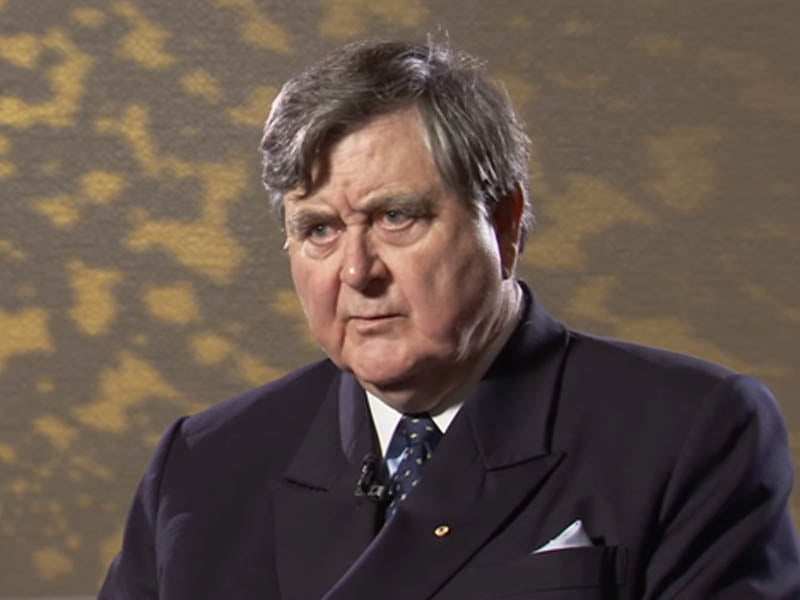A prospective Co-operative Research Centre devoted to cyber security that boasts a former ASIO head as its chair will re-apply for funding at the end of May, hopeful that success will follow previous failure.
The body leading the Cyber Security CRC bid is chaired by David Irvine, who ran ASIO as director-general between 2009 and 2014 and is understood to have a range of backers from industry, government and education – including Charles Sturt University, Optus, Edith Cowan University and Data61.
As well as Mr Irvine, the board leading the Cyber Security CRC bid also includes former federal Labor Senator Kate Lundy.

At a time when the Federal government is strongly pushing increased cyber awareness as well as measures to boost Australia’s cyber industry and its ability to respond to threats, a Cyber Security CRC would appear to be a walk-up start.
But landing funding for the project has not proved simple. The Cyber CRC applied for funding in Round 18 of the government’s CRC grants program in March 2016, with the Australian Cyber Security Research Institute (ACSRI) leading the bid.
In a statement calling for industry participation in the bid, ACSRI at the time said it wanted to make the project national.
“The Board is confident that the consortium will have excellent representation across most if not all states making this a truly national bid,” the statement said.
ACSRI listed three main research themes for the 2016 bid – researching next generation cyber security technologies; researching cyber identity, authentication and authorisation and building a cyber simulation and test facility that would ‘allow for simulation at a scale far larger than is currently possible in Australia and will be a valuable contribution to Australia’s cyber security research capacity.’
The bid document on ACSRI’s website said that unlike most CRCs that typically take a year to spool up, the Cyber Security CRC would be operational on day one.
It is understood the 2016 funding bid failed because of problems in framing the research model to the satisfaction of the CRC funding referees. Cyber security is a very fast changing scene and it is difficult to conjure up a precise research agenda that tracks along for five to ten years as it does in more traditional CRCs.
While the first bid attempt failed it appears the latest crack at funding has a good chance of success.
Data61 chief Adrian Turner said his organisation was involved with drawing up the latest proposal for the Cyber Security CRC.
“We have been asked to work closely with the key stakeholders to help shape a restructured and revised proposal,” he said.
“The authors of that CRC proposal have been given some very specific feedback around addressing concerns in the proposal.
“My belief is that there should be a Cyber CRC and that it should be based on a challenge model rather than the current CRC model that locks in anywhere up to ten years of research.”
Mr Turner said the cyber sector was moving so quickly that setting out a research agenda that purported to solve problems out to ten years away was ‘misguided.’
He said the proposed Cyber CRC needed the freedom to be able to respond quickly to cyber issues as they arose.
Mr Turner described a funding model consisting of government and industry money where some initial research projects were locked in.
“But there’s a mechanism for problems or challenges to be posed to the research community. That could be incredibly powerful for the country,” he said.
Do you know more? Contact James Riley via Email.
